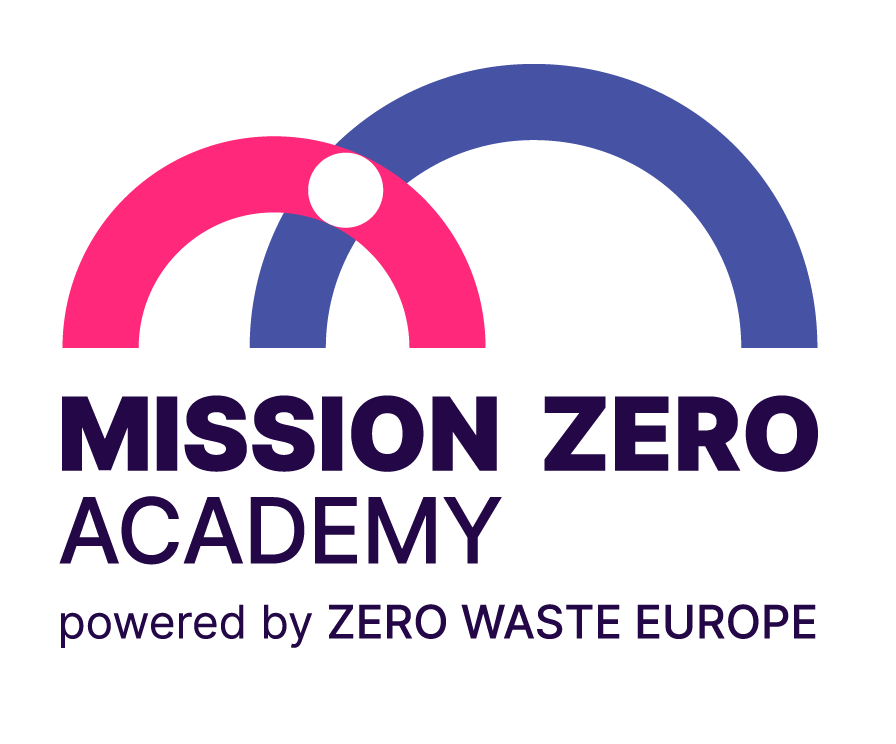In partnership with Eunomia Research & Consulting Ltd, the following waste management and prevention tools aim to support European municipalities in their zero waste transition. This by providing relevant data, essential to make informed financial and environmentally friendly decisions.
You can use these tools as standalone tools or in a complementary way. They come with all the technical support you might need from Eunomia’s experts.
Business Forward Plan (BFP)
The BFP is a tried and tested process by which municipalities can make sustainable changes in how they manage waste. Supported by forms and checklists, it steers participants through a review of their current position on waste prevention and management. After that, it determines priority areas on which you can put in effort, and appraise relevant corrective measures.
The BFP consists of six stages. The first three comprise a review of a municipality’s current situation. Stage four sees evidence gathered and analysis conducted to develop priorities that require urgent attention. The last two stages work together to decide on concrete improvements.
- process to establish the review process and set objectives
- self-assessment of the current situation
- review of the operational and financial efficiency of the services
- gathering evidence and conducting analysis to develop priorities that require urgent attention
- baseline model of the current situation
- appraisal of potential improvements against the baseline
The tool encourages attention to critical areas to achieve zero-waste, from an environmental yet financial perspective. Such as prevention and reuse, preparation for reuse, recycling and collection services, sustainable treatment and disposal.
Waste Prevention Toolkit (WPT)
The WPT allows municipal authorities to determine the environmental impact and financial cost of a range of waste prevention measures.
The WPT analyses ten preloaded initiatives, such as: home composting, promotion of re-useable nappies, food waste campaigns, kerbside bulky waste collections for reuse, and general communications. Municipalities must first determine a baseline: current and planned waste treatment options, recycling options, and projected populating and waste increase. Then, sufficient data is put in to establish likely financial costs of the range of potential measures: labour costs, gate fee data, and prices of materials.
The tool produces results in tonnes of waste and carbon avoided, with associated financial savings and implementation costs. It’s the perfect tool to help build effective business cases, consisting of both the carbon and monetary benefits of waste prevention initiatives. In addition, you can use it on its own or in support of stage six of the BFP.
PAN
PAN is a simplified kerbside collection modelling tool. It allows municipalities to explore how different configurations of collection services might perform in financial and environmental terms. Municipalities enter data on their current service (such as the number of households, number of vehicles and crew, what materials are collected and how frequently) and current costs (e.g. for wages, disposal and fuel).
The model allows a municipality to build new service models and understand their likely cost and performance. This based on expected efficiency compared with the current collection system.
You can use it on its own, or as a way to implement stage six of the BFP.

